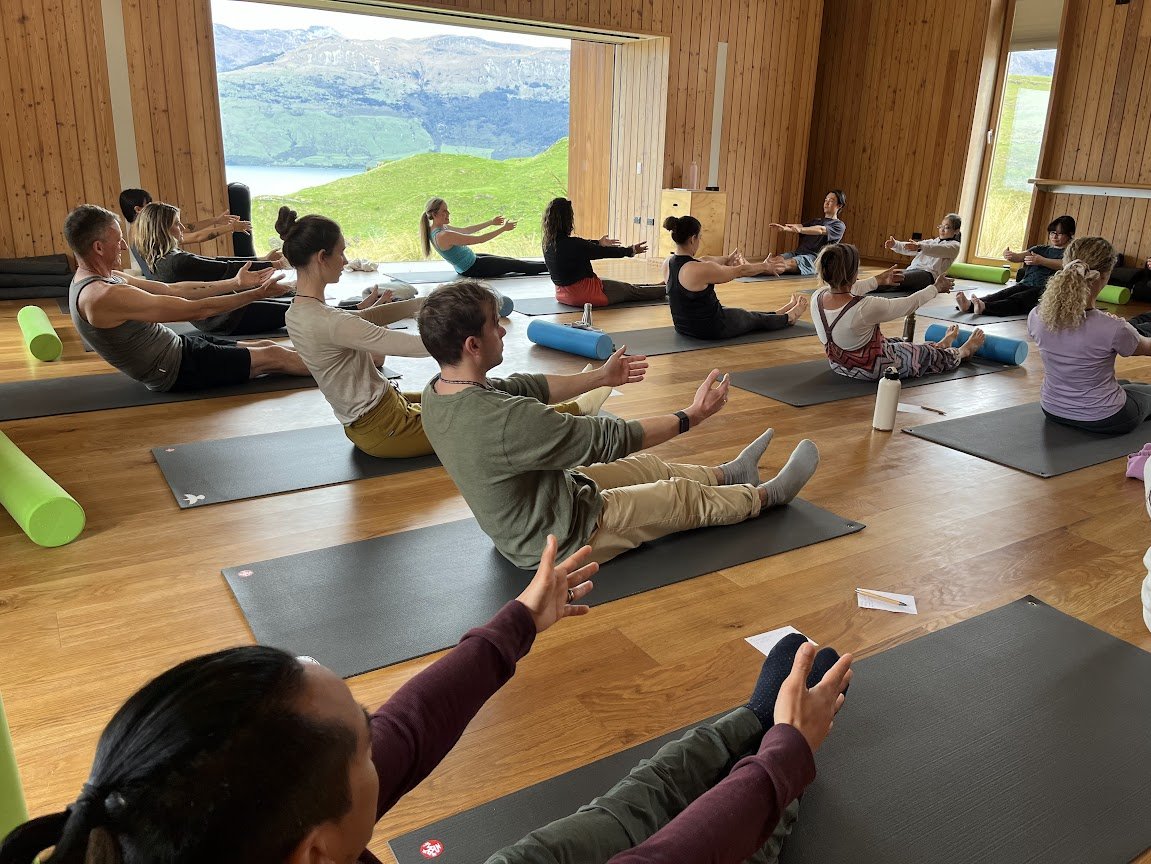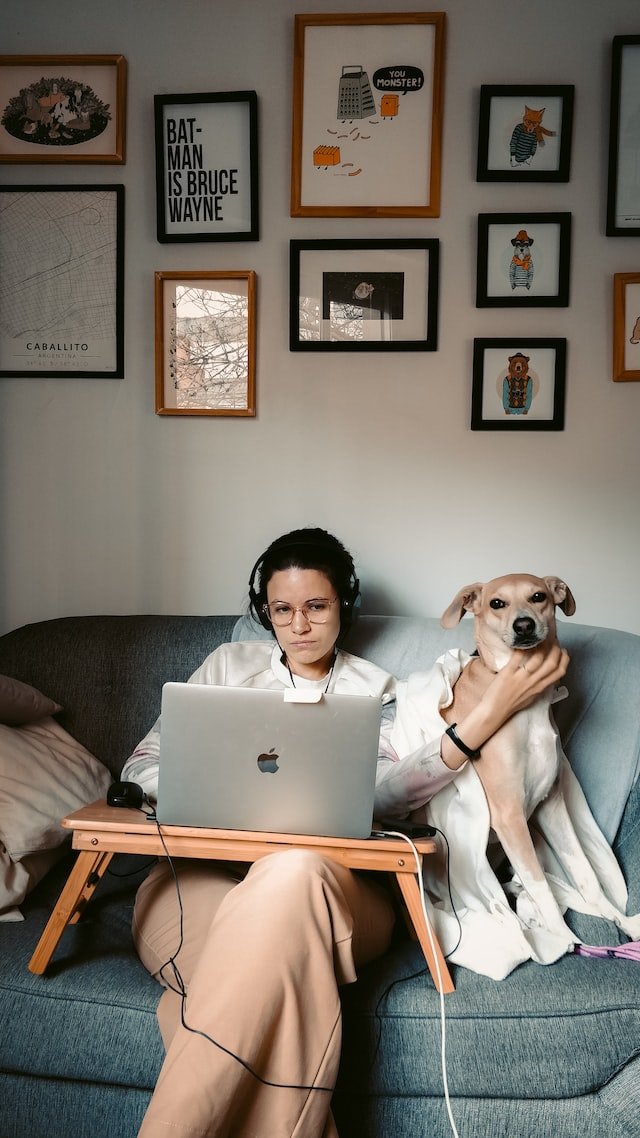Health and wellness is now a multi-trillion dollar industry, so everyone is jumping on board. With many unknown companies dishing out health advice to the masses, it’s hard to know who to trust. As a Physiotherapist and personal trainer, I’ve heard the crazy myths and recommendations some of these wellness writers share, ranging from odd to dangerous. These journalists are wonderful writers, but when you’re seeking out health, fitness and wellness advice, here’s how to determine if it’s from a trusted source.
1. Real health and wellness links & sources
A safe and accurate article with recommendations should have links to journal articles, or be written by a registered health professional with industry knowledge and experience. Trusted journals will be found on Google scholar, and include titles like BJSM (British Journal of Sports Medicine) and the American Journal of Sports Medicine.
2. PAIR online advice WITH an in-person consultation
Each article, even if it’s written by a health professional, should recommend you see a trained professional in addition to its recommendation.
For example: If you’re reading an article on calf pain and its soul recommendation is a massage, you should definitely be cautious. If you calf pain is originating from a DVT (deep vein thrombosis) a massage could be incredibly dangerous and even fatal. Always see a health professional in addition to reading any article.
3. Genuine Statistics
Have you ever read a health statistic that says 19 out of 20 people find…A study group of 20 people is miniscule, and advising people to behave in accordance with the results of a study including twenty people is ill-advised. If you’re taking the advice of an article that cites statics, check that they’re reliable and valid enough to influence your behaviour.
4. No Ultimatums
Health, fitness and wellness all depend on the body, and each and every one of us is different. No article should recommend you must 100% adhere to their guidelines for a certain outcome unless it’s been proven over and over again in evidence-based studies.
Eg. 'Don’t stretch before running because it causes injuries' vs. 'Don’t smoke because it will cause cancer.'
It’s clear which one of these ultimatums has been proven over and over again (For more information on how to stretch check out my newest guest post for Fitfluential)
The internet is full of health and wellness advice thanks to articles, social media and the ever-popular hashtag: #fitspo. Before you launch into a program of lunges to rehabilitate your knee pain (ouch!) check the legitimacy of your source, who wrote it and where they found their information.
Whether you’re enquiring about weight loss, rehabilitation, injury, training techniques or training plans, always see a health professional in-person for a reliable recommendation in conjunction with anything you read online.







